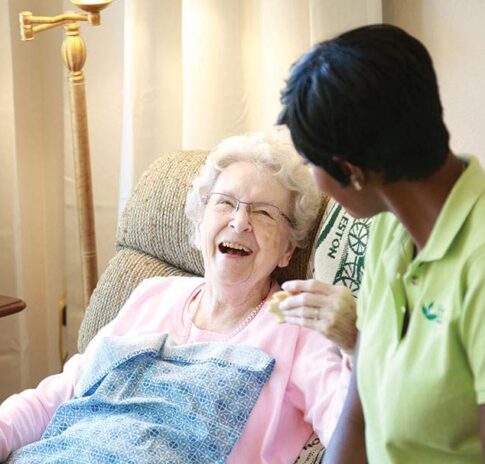 Depression is not a normal part of aging. However, older adults are at an increased risk for depression. Research from the Centers for Disease Control and Prevention note that 80% of older adults have a least one chronic health condition, and 50% have two or more. Depression is more common in people who have other illnesses or whose function becomes limited. It also increases in those who require home healthcare and older hospital patients.
Depression is not a normal part of aging. However, older adults are at an increased risk for depression. Research from the Centers for Disease Control and Prevention note that 80% of older adults have a least one chronic health condition, and 50% have two or more. Depression is more common in people who have other illnesses or whose function becomes limited. It also increases in those who require home healthcare and older hospital patients.
Unsure if a family member is suffering from depression? Here are some signs from CDC that might help you confirm your concerns:
Signs of Depression
- Feelings of hopelessness
- Feelings of guilt, worthlessness and/or helplessness
- Irritability, restlessness
- Loss of interest in activities or hobbies once pleasurable
- Fatigue and decreased energy
- Difficulty concentrating, remembering details and making decisions
- Insomnia, early-morning wakefulness, or excessive sleeping
- Overeating or appetite loss
- Thoughts of suicide, suicide attempts
- Persistent aches or pains, headaches, cramps, or digestive problems that do not get better, even with treatment
Depression is a true and treatable medical condition, but for some older adults this can be misdiagnosed and/or go under treated. If you are concerned that a family member is suffering with depression offer to go with them to a health provider to seek care. To learn more about depression visit WebMd.
